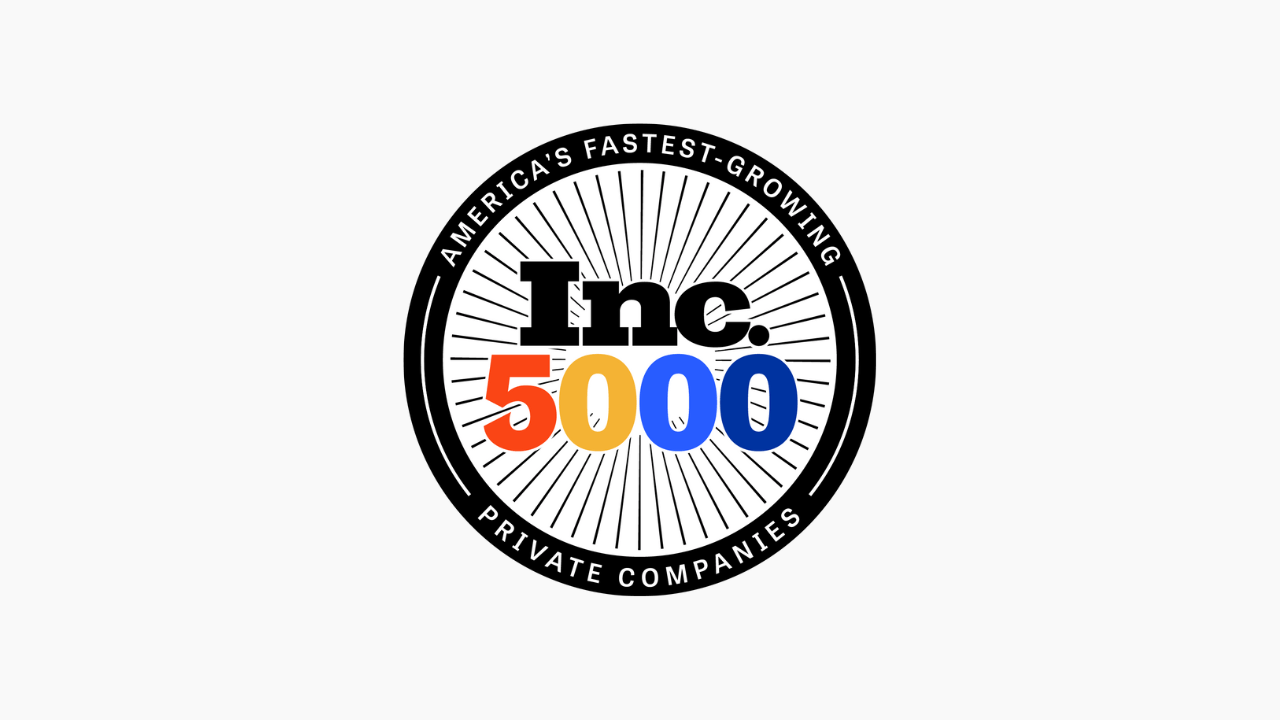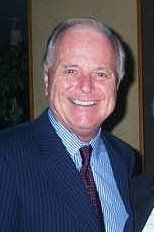Tidbits from Russ Aborn - Operating Authority Enigma
Another unintended consequence of the ICC occurred in the post-WWII economy.
If you had a shipment in Los Angeles that was going to Boston, the best way to do it was to have a local truck pick it up in, say Rancho Cucamonga, and take it to a car loader, which was a cross-dock operation with a rail siding. The car loader would pack, high and tight, your shipment in a rail car along with other shipments going to Boston. When the rail car was full, anywhere between 1 day and 7 days, the rail line would come to the car loader terminal and put the rail car in a train going East. The rail car might be pulled offline in St. Louis and shunted to a new train going to direct to Boston. It could take a shipment as much as a month to get to Boston. As slow as the service was, at least the price was pretty good. Companies often carried as much as six months of inventory of a given item due to long transit times.
As the U.S. highway system grew, partly to handle 150 million Americans who really loved cars, and partly in aid of national defense and partly to enable interstate commerce. The new highways enabled manufacturers and distributors to ship between states far quicker if not more economically.
The problem was if you wanted to start a trucking company you had to file a petition with the ICC for operating authority. The ICC stood as a difficult barrier to entry although they didn’t see it that way. Part of the drill was you had to prove there was a need for another trucking company in the service area you sought. And then you had to wait, wait, wait and when you finished that, wait some more. It could take years to get an MC (Motor Carrier) number. Then, if you were, a New England carrier who wanted to expand to the metro NY –NJ area, you again had to file a petition and wait. However, you could also buy other carriers operating authority. The buying authority was expensive. In the mid-80s, Yellow Freight wanted to operate within the state of Texas. They were in a rush to get going so they bought the intra-state TX authority from Jones. At the time, Jones was owned by a venture company by the name of Freeman, Spogli and Riordan. FSR was busy dismantling and selling the assets of the group of carriers they bought and folded because the assets were worth more than the businesses (they said).
In any case, Yellow bought the Texas motor carrier rights from Jones for $6 million. Sadly, the Texas Railroad Commission (yes, I know) deregulated the state transportation authority about six months later, and Yellow’s $6 million operating license was now worth about $250 and it was redeployed to the company cafeteria as a coaster for hot drinks.
About the author:
Working with more than 300 companies over his career, Russ is a transportation expert who has conducted 100s of assignments aimed at reducing transportation costs. Russ is involved in freight negotiations for clients at the level of more than $300 million annually.












